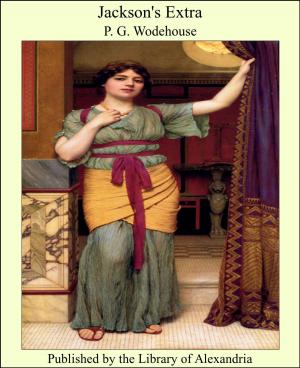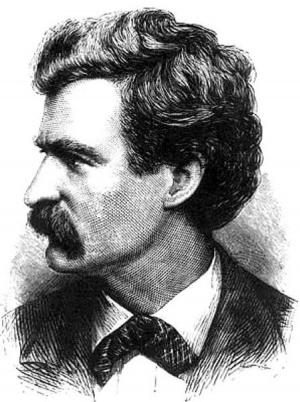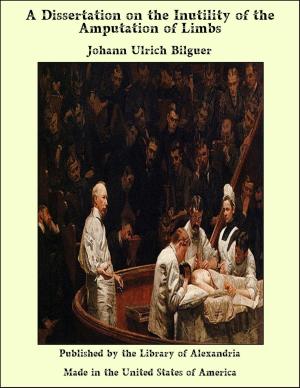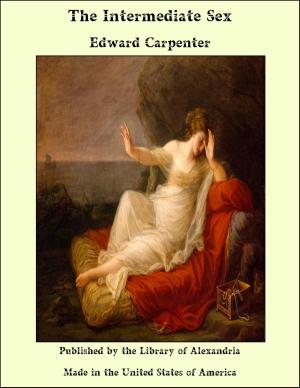Pagan Regeneration: A Study of Mystery Initiations in the Graeco-Roman World
Nonfiction, Religion & Spirituality, New Age, History, Fiction & Literature| Author: | Harold R. Willoughby | ISBN: | 9781465581068 |
| Publisher: | Library of Alexandria | Publication: | March 8, 2015 |
| Imprint: | Language: | English |
| Author: | Harold R. Willoughby |
| ISBN: | 9781465581068 |
| Publisher: | Library of Alexandria |
| Publication: | March 8, 2015 |
| Imprint: | |
| Language: | English |
THERE is a vague but widespread impression that the age that saw the emergence of Christianity was religiously destitute and morally decadent. The general and orthodox conviction of today is that all pagan religions current in the first century A.D. were in a bad state of degeneration. Originally they may have started with a modicum of light and revelation from above, but that original good had been corrupted by false beliefs and evil practices to such an extent that in the first century the gentile world was in a worse state than it had ever been before. People of all classes, wearied of the apparent futility of contemporary cults, were quitting them wholesale, or were giving them a merely formal adherence. In an abandon of atheism they were surrending themselves to unrestrained indulgence in immoral practices. Approximately this is still the popular impression of religious conditions in the Graeco-Roman world. This misconception, so far as it has any basis at all in ancient sources of information, results from a piecing together of notions derived from certain readily accessible writings, pagan and Christian. On the one hand, philosophical writings in Greek and Latin record the rationalist criticism to which the polytheistic systems of the Gentiles were subjected. Furthermore, the Roman satirists of the early imperial period, superlatively skilful in the practice of their art, painted the immoralities of the upper classes in Roman society in colors that could not be forgotten. On the other hand, the later Christian apologists delighted to represent their pagan competitors in as unfavorable a light as possible. They pilloried the faults and failures of gentile religions and sought to establish the point that the inadequacies of paganism were a part of the providential preparation of the world for the outburst of true revelation in Christianity itself. This admittedly apologetic position, familiar alike in ancient and modern times, was given its classic statement in the Praeparatio Evangelica composed early in the fourth century A.D. by Eusebius of Caesarea. Concerning the literary sources involved it is sufficient to observe, first of all, that the Greek and Roman authors cited represent the attitudes and customs of limited classes in contemporary society: the skepticism of the intellectuals and the excesses of the nouveaux riches. As to the Christian sources, they betray a frank bias both in the selection of discreditable data and in the utilization of that data to serve a polemic purpose. Because of this misuse of inadequate materials the point of view which posits a dearth of real religion in the Graeco-Roman world is itself clearly discredited.
THERE is a vague but widespread impression that the age that saw the emergence of Christianity was religiously destitute and morally decadent. The general and orthodox conviction of today is that all pagan religions current in the first century A.D. were in a bad state of degeneration. Originally they may have started with a modicum of light and revelation from above, but that original good had been corrupted by false beliefs and evil practices to such an extent that in the first century the gentile world was in a worse state than it had ever been before. People of all classes, wearied of the apparent futility of contemporary cults, were quitting them wholesale, or were giving them a merely formal adherence. In an abandon of atheism they were surrending themselves to unrestrained indulgence in immoral practices. Approximately this is still the popular impression of religious conditions in the Graeco-Roman world. This misconception, so far as it has any basis at all in ancient sources of information, results from a piecing together of notions derived from certain readily accessible writings, pagan and Christian. On the one hand, philosophical writings in Greek and Latin record the rationalist criticism to which the polytheistic systems of the Gentiles were subjected. Furthermore, the Roman satirists of the early imperial period, superlatively skilful in the practice of their art, painted the immoralities of the upper classes in Roman society in colors that could not be forgotten. On the other hand, the later Christian apologists delighted to represent their pagan competitors in as unfavorable a light as possible. They pilloried the faults and failures of gentile religions and sought to establish the point that the inadequacies of paganism were a part of the providential preparation of the world for the outburst of true revelation in Christianity itself. This admittedly apologetic position, familiar alike in ancient and modern times, was given its classic statement in the Praeparatio Evangelica composed early in the fourth century A.D. by Eusebius of Caesarea. Concerning the literary sources involved it is sufficient to observe, first of all, that the Greek and Roman authors cited represent the attitudes and customs of limited classes in contemporary society: the skepticism of the intellectuals and the excesses of the nouveaux riches. As to the Christian sources, they betray a frank bias both in the selection of discreditable data and in the utilization of that data to serve a polemic purpose. Because of this misuse of inadequate materials the point of view which posits a dearth of real religion in the Graeco-Roman world is itself clearly discredited.















